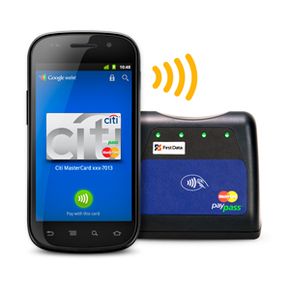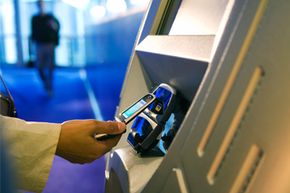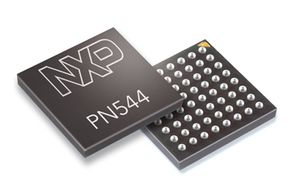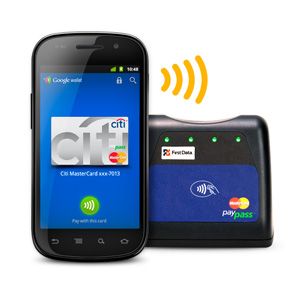Key Takeaways
- Traditional wallets are bulky, insecure and outdated, with 85 percent of global transactions still based on cash and checks.
- Digital wallets offer secure, convenient payment options through encryption software and smartphone apps.
- Mobile digital wallets utilizing NFC technology allow for quick and easy payments on the go, transforming the way we pay.
The traditional leather wallet is your stalwart companion for safekeeping precious possessions of all kinds. It holds tightly your cash, credit cards, family pictures, driver's license, insurance identification, shopping loyalty cards and more. Alas, your wallet grows thicker and more unwieldy by the day; your spine shrieks every time you sit on it the wrong way.
Oh, and it's entirely unsecure. Any crook that gets his hot little hands on your wallet can easily blow all of your cash and possibly wring your credit accounts dry, too. In spite of that fact, 85 percent of transactions across the globe are still based on cash and checks [source: Yahoo News]. Americans alone wrote around 14 billion checks in 2009 [source: Huffington Post].
Advertisement
To combat theft, simplify your finances, avoid being the "check-writing guy" in line at the store and maybe even ward off trips to the chiropractor, perhaps it's time for a wallet upgrade. For that, you might consider the digital wallet.
Before we go any further, understand that the term digital wallet is a blanket descriptor for a range of technologies that let you perform many tasks. In general, though, a digital wallet (also sometimes called an e-wallet) is a transformation in the way you pay for things.
Many digital wallet services work through apps on your smartphone. At the supermarket, for instance, you might simply tap your phone to a compatible check-out register to pay instantly. For others, all you need to use them is something you know, such as your mobile phone number and a PIN (personal identification number).
No matter what form it takes, a digital wallet is based on encryption software that substitutes for your old, analog wallet during monetary transactions. You benefit from the protection and convenience. Merchants benefit because they're more protected against fraud and they sell more products, faster.
A smartphone digital wallet will help you pay for stuff, but it will also store your concert tickets, bus and subway passes and gift cards. Retailers will reward your loyalty by offering instant freebies, discounts and coupons. Your digital wallet might even unlock the doors to your house.
A digital wallet could alter the way you organize your finances and your life in general. Keep reading and you'll see how.
Advertisement






